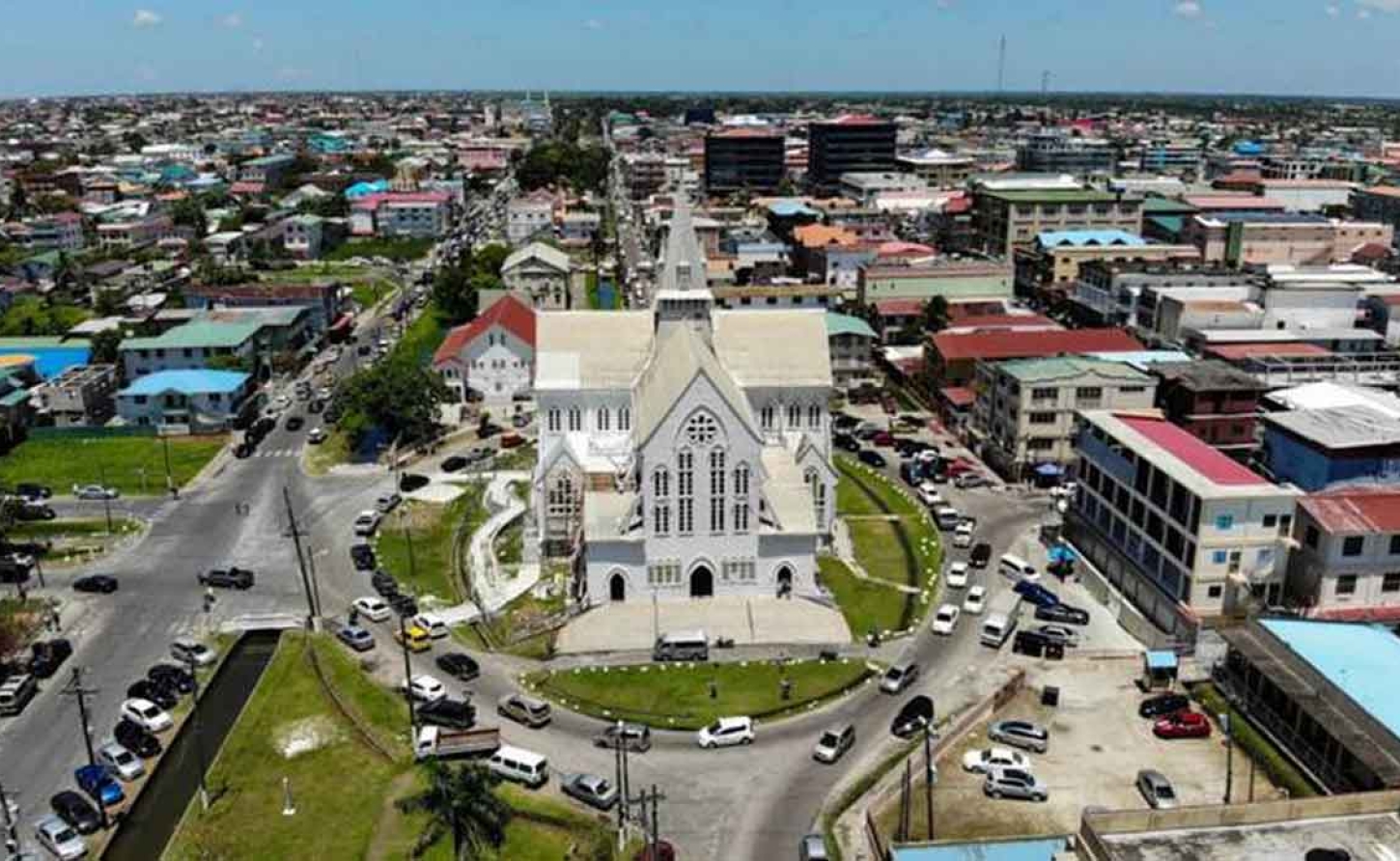GUYANA | Electoral Fraud Allegations Cast Shadow Over Guyana's Elections Despite CARICOM's Positive Assessment

Serious allegations of electoral manipulation involving foreign nationals emerge as international observers praise election day conduct
Guyana's September 1, 2025 general and regional elections have become embroiled in a significant controversy that highlights the complex challenges facing the country's democratic processes. While the Caribbean Community (CARICOM) Election Observation Mission praised the peaceful conduct of election day operations, explosive allegations of electoral fraud have emerged that could fundamentally undermine confidence in the results.
The Fraud Allegations
The controversy centers on the discovery of national identification cards belonging to Bangladeshi nationals that appeared on Guyana's Official List of Electors (OLE). According to reports, these foreign IDs were not part of the original voter registration list of 738,000 electors that was widely available in mid-2025. Instead, they only appeared in the final voter list released after July, which contains approximately 750,000 names.
The allegations suggest these foreign nationals were added outside the legally mandated registration window, raising fundamental questions about the integrity of the electoral process. Two specific ID cards issued to Bangladeshi nationals became widely circulated on social media, providing tangible evidence for investigators to examine.
The mathematical discrepancy is particularly striking. With only an estimated 13,000 legitimate first-time voters coming of age, the unexplained addition of over 12,000 names to the voter list has prompted serious questions about who these additional electors are and how they were registered outside the statutory registration period.
Legal and Political Implications
The allegations have prompted stark warnings from Guyana's legal community. A prominent legal professional, speaking anonymously due to the sensitive nature of the matter, issued a direct challenge to the Guyana Elections Commission (GECOM), stating that "GECOM must answer these questions if they wish this election to be credible." The source further warned that "GECOM has become a black box and an arm of the PPP" and cautioned that election officials risk imprisonment if found complicit in fraudulent activities.
These accusations strike at the heart of long-standing concerns about electoral manipulation in Guyana, particularly targeting the governing People's Progressive Party (PPP). While many past claims have been difficult to verify, the presence of specific, identifiable foreign IDs provides investigators with concrete evidence to examine.
CARICOM's Contrasting Assessment
In stark contrast to these fraud allegations, the CARICOM Election Observation Mission, led by Chief of Mission Josephine Tamai, delivered a largely positive preliminary assessment of the electoral process. The ten-member team, comprising electoral experts from eight CARICOM member states, observed 324 polling stations across five regions and found the election day procedures to be conducted peacefully and professionally.
The CARICOM mission noted that "electors were able to exercise their franchise in a peaceful and orderly manner and without significant incident." They observed no signs of intimidation, harassment, or campaigning intended to influence or obstruct the democratic process, and commended polling staff for their professional conduct.
However, the CARICOM statement did acknowledge one key concern that aligns with the fraud allegations: the "perceived 'bloated' nature of the voters list." The mission noted that this was "a primary concern raised by most stakeholders" during their consultations. GECOM's response to this concern was that while Guyanese residing overseas are not included in the national census, the law does not currently authorize the Commission to remove their names from the voter list, as they retain the legal right to return and vote.
The Disconnect
The apparent disconnect between CARICOM's positive election day assessment and the serious fraud allegations highlights a critical distinction in electoral observation. While CARICOM focused on the conduct of voting on election day itself—which by all accounts proceeded smoothly—the fraud allegations concern the pre-election voter registration process and the composition of the electoral roll.
This distinction is crucial because electoral fraud can occur at multiple stages of the democratic process. Even if voting procedures on election day are conducted flawlessly, irregularities in voter registration or the inclusion of ineligible voters can fundamentally compromise the legitimacy of results.
Calls for Investigation
The gravity of the situation has prompted growing calls from opposition parties, civil society organizations, and international observers for a comprehensive, independent forensic audit of the entire voter registration process. The presence of foreign nationals on the voter list, if confirmed, would constitute a serious violation of Guyana's electoral laws and could potentially invalidate the results.
GECOM now faces immense pressure to provide a full, transparent, and verifiable accounting of how the voter list grew from 738,000 to 750,000 names, particularly explaining the presence of foreign nationals and addressing concerns about the integrity of the registration process.
Looking Forward
As Guyana awaits official election results, these fraud allegations cast a shadow over what CARICOM described as a peaceful democratic exercise. The challenge facing the country is how to reconcile a well-conducted election day with serious questions about the electoral roll's integrity.
The situation underscores the importance of comprehensive electoral observation that examines not just voting day procedures but the entire electoral cycle, from voter registration through results tabulation. For Guyana's democracy to maintain credibility, these allegations must be thoroughly investigated and addressed, regardless of their potential impact on the final results.
The international community, including CARICOM, may need to reassess their evaluation framework to ensure that future observation missions capture potential irregularities throughout the entire electoral process, not just the visible aspects of election day conduct.
-30-
